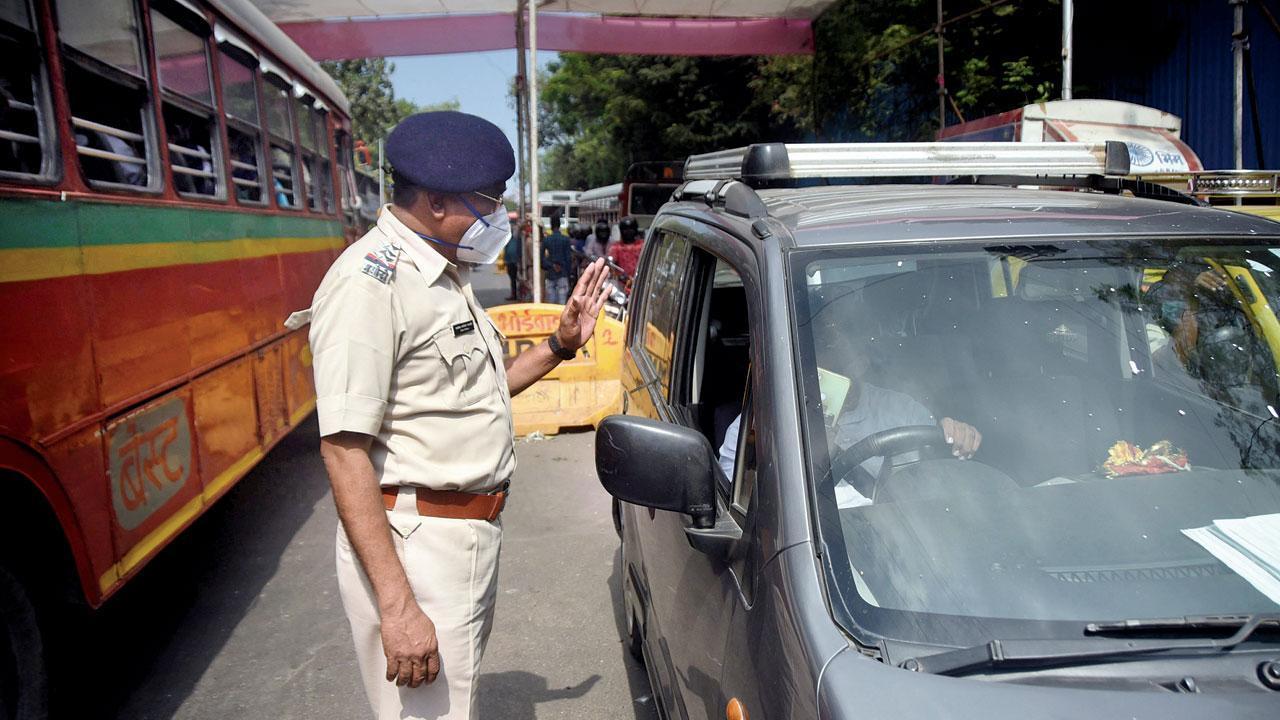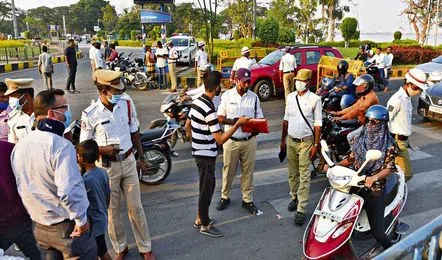Preparing to cross examine police vehicle traffic cases. At the point when you get referred to for a petty criminal offense, you'll, for the most part, have a few choices for managing it.
These could incorporate traffic school, paying the reference, and challenging the ticket by mentioning a preliminary. Assuming you select to battle your ticket at preliminary, the public authority should demonstrate in court that you committed the infringement.
Preparing to Cross Examine Police Vehicle Traffic Case
In most rush hour gridlock preliminaries aside from those for red light camera tickets the public authority demonstrates its case basically through the declaration of the official who gave the ticket.
At the end of the day, the official clarifies for the adjudicator what occurred and why you were refered to for a criminal traffic offense.

When the official is finished giving their side of the story, the litigant (the individual who got the reference) or the respondent's lawyer has the amazing chance to ask the official inquiries. The guard addressing is designated "questioning." This article gives some fundamental data about questioning in rush hour gridlock cases.
Objectives of Interrogating a Cop
With interrogation, you're for the most part attempting to raise uncertainty about the public authority's proof against you. As such, the objective is to make the adjudicator question whether the public authority has enough demonstrated you disregarded the law.
Related Article: How to Prepare for the Professional Practice Examination 2024?
Contingent upon the kind of infringement and current realities of the case, the particular objective of questioning might be to show: The official didn't have a decent vantage to highlight see regardless of whether you violated the law.
The gadget the official used to clock your speed (normally, by radar or lidar) wasn't as expected adjusted, or the official was focusing on something different when you affirmed committed the infringement.
Whatever your methodology, it's commonly best to think of your procedure ahead of preliminary as opposed to on the fly. Like that, you'll have a thought of the kinds of inquiries you need to pose to on questioning.
How to Interview the Cop?
While interviewing, you're for the most part permitted to pose any inquiries that are applicable to whether you committed the criminal traffic offense you were refered to for. Pertinent inquiries will normally be connected with whether the proof against you is solid.
For example, in the event that the official vouches for seeing you run a stop sign, it would be pertinent to ask on questioning where the official was situated when the person purportedly watched you go past the stop line.
Assuming the official was in a spot that was far away or there were mediating objects that might have discouraged the official's view, the adjudicator could begin to uncertainty the official's record of occasions.

Judges will regularly offer the respondent or the litigant's lawyer some room in getting clarification on pressing issues. And yet, traffic preliminaries shouldn't endure day in and day out. In this way, most adjudicators believe you should cut to the chase and may remove you in the event that you go excessively far down a line of scrutinizing that doesn't appear to be important.
Setting up a Questioning
Research the law. At a traffic preliminary, the public authority should demonstrate you committed the offense. In any case, the appointed authority should view you not entirelyliable.
In this way, a decent beginning stage for planning for questioning is exploring the transit regulation you're blamed for disregarding. In the event that you understand what the public authority needs to demonstrate, it could assist you with settling on an arrangement for questioning the official.
Rundown of inquiries. In spite of the fact that you could have your preliminary methodology as a main priority, it's not difficult to forget about the thing you're doing when you're in court.
A rundown of inquiries classified by subject can assist with keeping you coordinated while leading your questioning. You can continuously make do if essential, yet by having your inquiries down on paper, you should rest assured you will not fail to remember a significant point.
FAQ's- Preparing to Cross Examine Police Vehicle Traffic Case
Can judge interfere in cross-examination?
While the Courts won't slow down the legitimate activity of the right of interrogation, the Courts should have and ought to have the power and the position to control the questioning of an observer on the off chance that the Court is fulfilled that the questioning has been immaterial or has been meandering aimlessly.
How do you ask a good cross-examination question?
A questioning inquiry ought to be extremely pointed and requires just a single word reply, ideally "yes" or "no." The inquiries that you pose to on questioning must be connected, somehow or another, to the issues that the observer discussed during direct assessment.
Can you ask anything in cross-examination?
You ought to just interview an observer who you accept will offer you a response which will either debilitate the Crown case, or fortify your case. It is some of the time said that a cross-inspector ought to possibly pose an inquiry assuming he definitely knows the response the observer will give.
How can I prepare for cross-examination?
The cross-inspector ought to make a rundown of the declarations and proclamations expected from the observer. If vital, attempt to compel a confirmation. Separate the fundamental focuses and make a rundown of realities and feelings that you intend to challenge. Kill everything pointless.
What are the suggestions in cross-examination?
The idea made in questioning structure a piece of the proof on record. Those idea can be thought about while deciding if the answer given was credible or not. However idea in questioning which is denied by the observer, isn't proof in any way.

